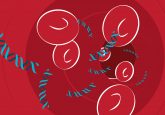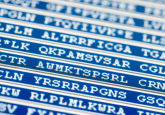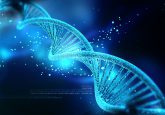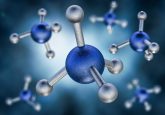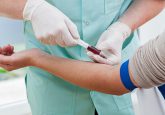Newly discovered biomarker detects gastric cancer with 90% accuracy, even in early stages
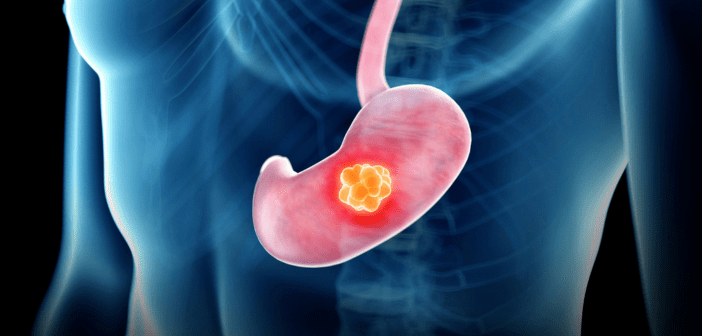
A research team from Nagoya University Graduate School of Medicine (Nagoya, Japan) has discovered a new reliable tumor marker, stromal cell-derived factor 4 (SDF-4) protein, for detecting early stages of gastric cancer. These findings have been reported in Scientific Reports.
Typically, gastrointestinal cancers are often discovered too late for effective treatment. Cancers usually respond more favorably to early-stage therapy as it yields more positive results and increases survival rate.
Dr Takahiro Shinozuka (Nagoya University Graduate School of Medicine), the first author of the study, commented:
“Currently, blood tests to detect cancers, such as gastric, colorectal, and breast cancer, have used tumor markers like CEA and CA19-9. However, these tumor markers do not always accurately detect all cancers, and their accuracy needs to be improved, […] Other markers have been proposed but have drawbacks, such as intricate, costly measurement procedures or invasive testing methods, that prevent their use.”
You may also be interested in:
- Biomarkers 2024
- AI-supported biomarker panel identifies early-stage cancers with >99% accuracy
- eBook: Flow cytometry in cancer therapy development
The research group, led by Professor Yasuhiro Kodera, Dr Mitsuro Kanda and Dr Shinozuka (Nagoya University Graduate School of Medicine), aimed to create new tumor markers in order to detect different types of cancers at their early stages. The team investigated proteins secreted by cancer cells and identified SDF-4 as a successful candidate. When measuring the concentration of SDF-4 in blood samples from cancer patients and healthy individuals, they found elevated levels of the protein in cancer samples from many types of cancer including gastric.
Sensitivity and specificity are important in cancer diagnosis. Whilst testing the SDF-4 protein, the research group demonstrated it had 89% sensitivity and 99% specificity – results that exceeded the sensitivity of conventional tumor markers in identifying cancer patients. The protein was even found in high levels within patients with stage I gastric cancer, indicating that the protein may be able to detect cancer early before symptoms appear.
Shinozuka stated:
“There are two ways in which SDF-4 outperforms conventional tumor markers as a diagnostic marker. The first is that it can diagnose patients with early-stage cancer and the second is that it is useful as a diagnostic marker for various types of cancer, […] We are working with a company to develop measurement devices that can be used for cancer screening. If these efforts are successful, we hope to introduce SDF4 into actual cancer screening, helping in the early detection of cancer.”
Source: Nagoya University press release, www.nagoya-u.ac.jp/researchinfo/result-en/2023/11/20231110-01.html

